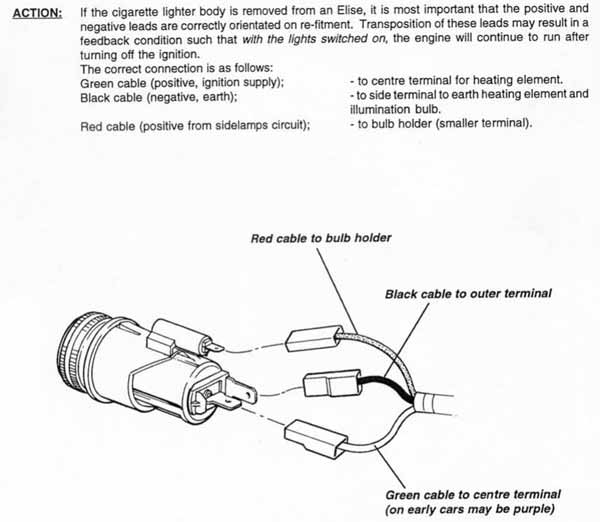When it comes to understanding the intricacies of your vehicle’s electrical system, having a clear grasp of the Cigarette Lighter Socket Wiring Diagram is crucial. This diagram provides a visual representation of how the various components of the cigarette lighter socket are connected, helping you troubleshoot any electrical issues that may arise.
Importance of Cigarette Lighter Socket Wiring Diagram
The Cigarette Lighter Socket Wiring Diagram is essential for several reasons:
- It helps you understand the layout and connections of the wiring in the cigarette lighter socket.
- It allows you to identify any faulty or damaged components that may be causing electrical issues.
- It serves as a guide for proper installation or modification of the cigarette lighter socket.
Reading and Interpreting Cigarette Lighter Socket Wiring Diagram
When reading a Cigarette Lighter Socket Wiring Diagram, it’s important to pay attention to the following key elements:
- Identify the different components of the wiring diagram, such as the power source, ground connection, and any additional accessories.
- Follow the color-coding of the wires to ensure proper connections are made.
- Refer to the legend or key provided in the diagram to understand the symbols and markings used.
Using Wiring Diagrams for Troubleshooting
When faced with electrical problems in your vehicle, the Cigarette Lighter Socket Wiring Diagram can be a valuable tool for troubleshooting. Here’s how you can use it effectively:
- Trace the wiring from the cigarette lighter socket to the power source to check for any breaks or loose connections.
- Use a multimeter to test the continuity of the wires and components to identify any faulty parts.
- Refer to the wiring diagram to locate any fuses or relays that may be causing the issue.
Safety Tips for Working with Electrical Systems
When working with electrical systems and using wiring diagrams, it’s important to prioritize safety. Here are some tips to keep in mind:
- Always disconnect the battery before working on any electrical components to avoid the risk of electric shock.
- Use insulated tools to prevent short circuits and protect yourself from electrical hazards.
- Avoid working on electrical systems in wet or damp conditions to reduce the risk of accidents.
Cigarette Lighter Socket Wiring Diagram
12 Volt Cigarette Lighter Socket Wiring Diagram – Wiring Draw And Schematic
19 Awesome Cigarette Lighter Socket Wiring Diagram

Cigarette Lighter – TechWiki

How to Wire a 12V Cigarette Lighter Socket: A Comprehensive Wiring Diagram

12v cigarette lighter socket wiring diagram

12 Volt Cigarette Lighter Socket Wiring Diagram – bossinspire
